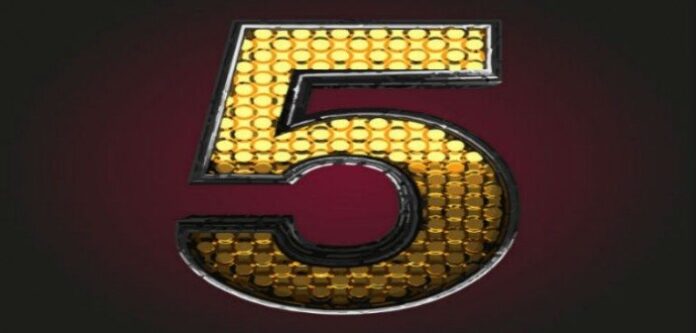1. Samsung is selling its printer business to Hewlett-Packard for $1.05 billion. HP’s printer and cartridge businesses have been slipping as customers substitute files on mobile devices for printed documents. Samsung, meanwhile, has tried hard to position itself at the center of the mobile revolution, and the printer business is one that the Korean company no longer wants.
HP will get more than 6,000 of Samsung’s printer-related patents as part of the deal, as well as Samsung’s printing engine business. In addition, HP will get Samsung’s “A3” machine – those that combine printing and copying – business.
Samsung has agreed to purchase HP stock on the open market as part of the deal. The company will buy at least $100 million worth of HP stock after the sale of the printer business closes.
2. Google is buying a company that develops application programming interfaces for AT&T, Bechtol and other companies. Google will pay $625 million for Apigee in a transaction that is expected to close this year.
Application programming interfaces enable a company’s applications to interface with those of another company. In explaining the reason it wants to buy Apigee, Google used the example of a doctor’s software using APIs to communicate with a pharmacy so that a prescription can be ordered without a phone call.
Apigee CEO Chet Kapoor said many companies have digital customer-facing initiatives and also are moving backend infrastructure to the cloud. He said Apigee helps companies leverage the intersection of these trends.
3. Ericsson and Intel said they will work together to help data centers meet the demand for mobile video. The companies will combine Ericsson’s HDS8000 Hyperscale data center system with Intel’s rack scale design in an effort to enable “a disaggregated hardware approach.” The companies said their research centers will also explore joint innovation around video processing.
4. Dark fiber provider Zayo said it has signed its largest contract to date with a mobile infrastructure company. Zayo did not name the customer, but said the customer’s fiber-to-the-tower network includes dark fiber to more than 1,800 cell sites in 26 markets across the U.S. Zayo already provides fiber to the tower in 20 of the markets. In six other markets, the company said it will use “existing dense metro dark fiber.”
“Zayo believes the opportunity in these markets is far greater than the scope of this initial award, and the buildout will provide the scaffolding for serving broader requirements in the coming years,” Zayo CEO Dan Caruso said in a statement.
5. Drones will deliver burritos to college students, thanks to a partnership between Google parent Alphabet, Chipotle and Virginia Tech. The drones will get their payload from a Chipotle food truck, and will use winches to lower them to the customers. The companies did not say how much students will pay for drone-delivered burritos.
Follow me on Twitter.

